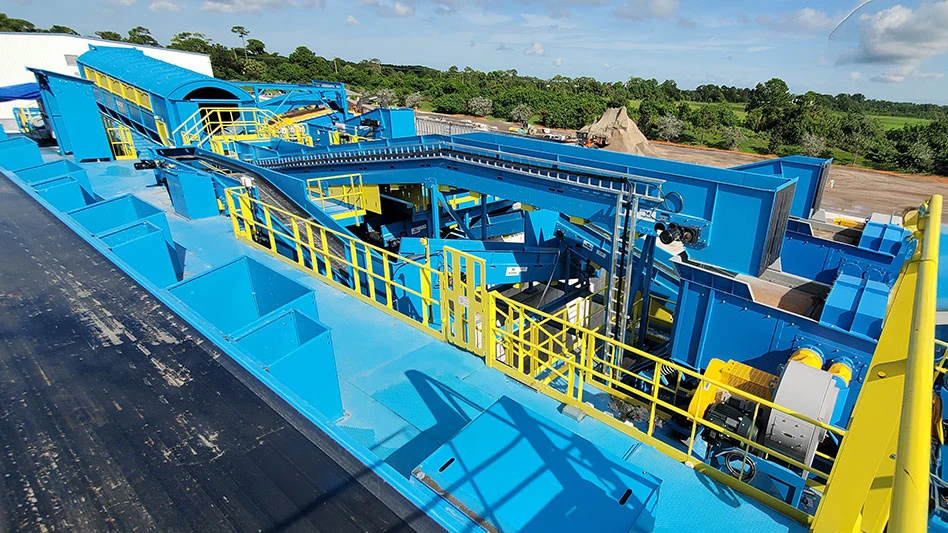According to the Jakarta Post, the Indonesian government is revising its regulations on scrap imports. The update of the regulations follows the confiscation of thousands of containers of scrap metal at several Indonesian ports in the first half of 2012.
The revisions will reportedly require cooperative inspections between shippers and recipients at overseas and inbound ports. .
"At present, overseas surveyors are appointed by importers. Despite the surveyors' assessments, we still find hazardous and toxic waste entering our country," Deddy Saleh, Indonesia’s director general of the Trade Ministry's Foreign Trade, told reporters during a press conference.
Under existing rules, containers are checked by local officials randomly without participation of local surveyors, according to the Jakarta Post.
The stricter rules are being proposed following inspections in January by customs officials at Tanjung Priok port, where agents reportedly found that 113 imported scrap metal containers described as “contaminated with hazardous and toxic waste. “ The containers, of which 89 came from Britain and the rest from the Netherlands, were ordered by Indonesian ferrous scrap processing firm PT HHS. Following the finding, customs authorities detained more than 7,000 containers at three other ports and inspected more than 1,100 containers. The first 113 containers were sent back to their exporting countries by the Environment Ministry, according to the Jakarta Post..
The container inspection and rejection process means the Indonesian steel industry is facing a shortage of raw materials, according to the Post. The article says the short supply has subsequently caused a slowdown in industrial growth. Amid protests from companies in the industrial sector, the government has recently committed to speeding up the release of the containers as soon as possible.
Indonesian Iron and Steel Industry Association executive director Edward Pinem is quoted in the Post assaying the lengthy detainment caused the reduction of steel plants' capacity utilization by 50 percent. Subsequently, a number of firms have chosen to import billets or slabs as the price of scrap has doubled to $800 per ton amidst the scarcity.
In the Post article, the Trade Ministry indicates it recently has issued new licenses for the importation of scrap while new partnerships between overseas and domestic inspectors are being initiated.
Latest from Recycling Today
- Greenwave raises revenue but loses money in Q2 2025
- Recycled steel prices hold steady
- EY says India’s need for scrap imports will continue
- Coming full circle
- Amcor, DCM introduce fertilizer packaging with 35 percent recycled content
- Comstock Metals gets closer to commissioning commercial-scale solar panel recycling facility
- Washington selects Circular Action Alliance as PRO
- Smurfit Westrock expands in Latin America





